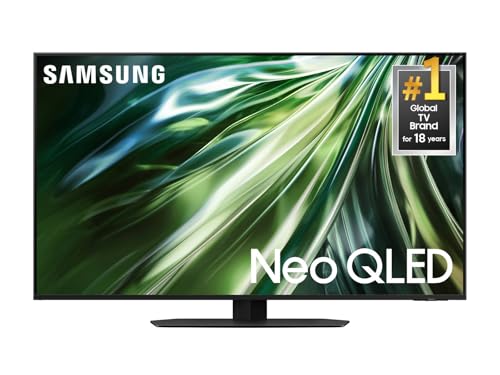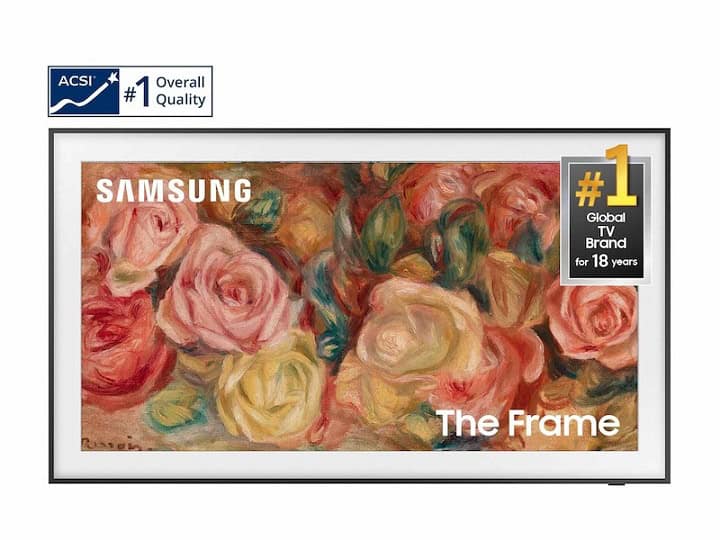Thinking about whether to upgrade to an 8K TV or stick with a 4K model can be a tough choice. With new tech coming out all the time, it’s easy to wonder if the extra pixels in an 8K TV make a real difference or if 4K still does the job just fine. This post looks at the costs involved, both upfront and over time, and checks out how much 8K content is actually out there compared to 4K. Plus, we’ll get into the nitty-gritty of picture quality and what these differences mean for everyday viewing. Whether you’re a tech enthusiast or just want a good picture for movie night, this post will help you decide if now’s the time to make the leap to 8K.
Price and Cost Analysis
When considering whether to upgrade to an 8K TV or stick with a 4K model, the upfront cost is a significant factor. 8K TVs tend to be priced higher than 4K TVs due to their advanced technology and newer market presence. For budget-conscious buyers, 4K TVs offer a more affordable entry point into high-resolution viewing. As technology continues to develop, the price gap may narrow, but currently, an 8K TV represents a bigger investment.
In terms of long-term value, it is important to weigh potential future-proofing benefits against immediate needs. 8K TVs provide more detail and may be more compatible with future content as it becomes available. However, the availability of 8K content is still limited, which means you’ll still be viewing most content in 4k or lower. Meanwhile, 4K TVs offer a well-rounded viewing experience with a wide range of content already available, making them a practical choice for many consumers.
Current Availability of Content
When it comes to finding 8K material, the choices are somewhat limited. Most streaming services and broadcasters are still primarily focused on 4K content. A few platforms have started to introduce 8K videos, but these are often documentaries or demonstration clips rather than mainstream movies or TV shows. Additionally, certain tech companies and YouTube creators are experimenting with 8K, but the selection is not extensive. Currently, the major streaming media providers (Netflix, Amazon Prime Video, and Apple TV ) are all limited to 4k resolution.
In comparison, 4K content is widely available across various streaming services, physical media, and live broadcasts. Many popular streaming platforms offer a large library of shows and movies in 4K, and it is the standard resolution for most new releases. The greater availability of 4K options makes it a more practical choice for those looking for a wide range of content today. While 8K may become more common in the future, 4K remains the more accessible and diverse option at the moment.
Picture Quality and Real-World Performance
When looking at picture quality, 8K TVs offer technical improvements compared to 4K models. The most noticeable change is the increased resolution. An 8K TV displays images with four times the number of pixels of a 4K TV. This means that the picture can appear clearer and more detailed, especially on larger screens. This higher pixel count may be appealing for those who want the sharpest image possible.
In daily use, the difference between 8K and 4K might not be as noticeable for everyone. Much of the content available today is still produced in 4K or even lower resolutions, which means an 8K TV would often need to upscale the content. While upscaling technology has improved, the gains in quality might not be significant enough for some viewers to justify the cost of upgrading. Additionally, to truly appreciate 8K quality, one often needs to sit closer to the screen or have a very large TV, which may not be practical in all living spaces.
In Summary
Deciding between an 8K and a 4K TV depends on various factors like budget, content availability, and personal viewing preferences. While 8K TVs offer higher resolution and future potential, the current selection of available content is limited. On the other hand, 4K TVs provide a more affordable and practical choice with a wide array of content already accessible. For those who prioritize immediate viewing options and cost, sticking with a 4K model could be the right decision. Meanwhile, individuals who are keen on the latest technology and prepared for future advancements might consider investing in an 8K TV. Ultimately, the choice will depend on what matters most to you in a television viewing experience.





